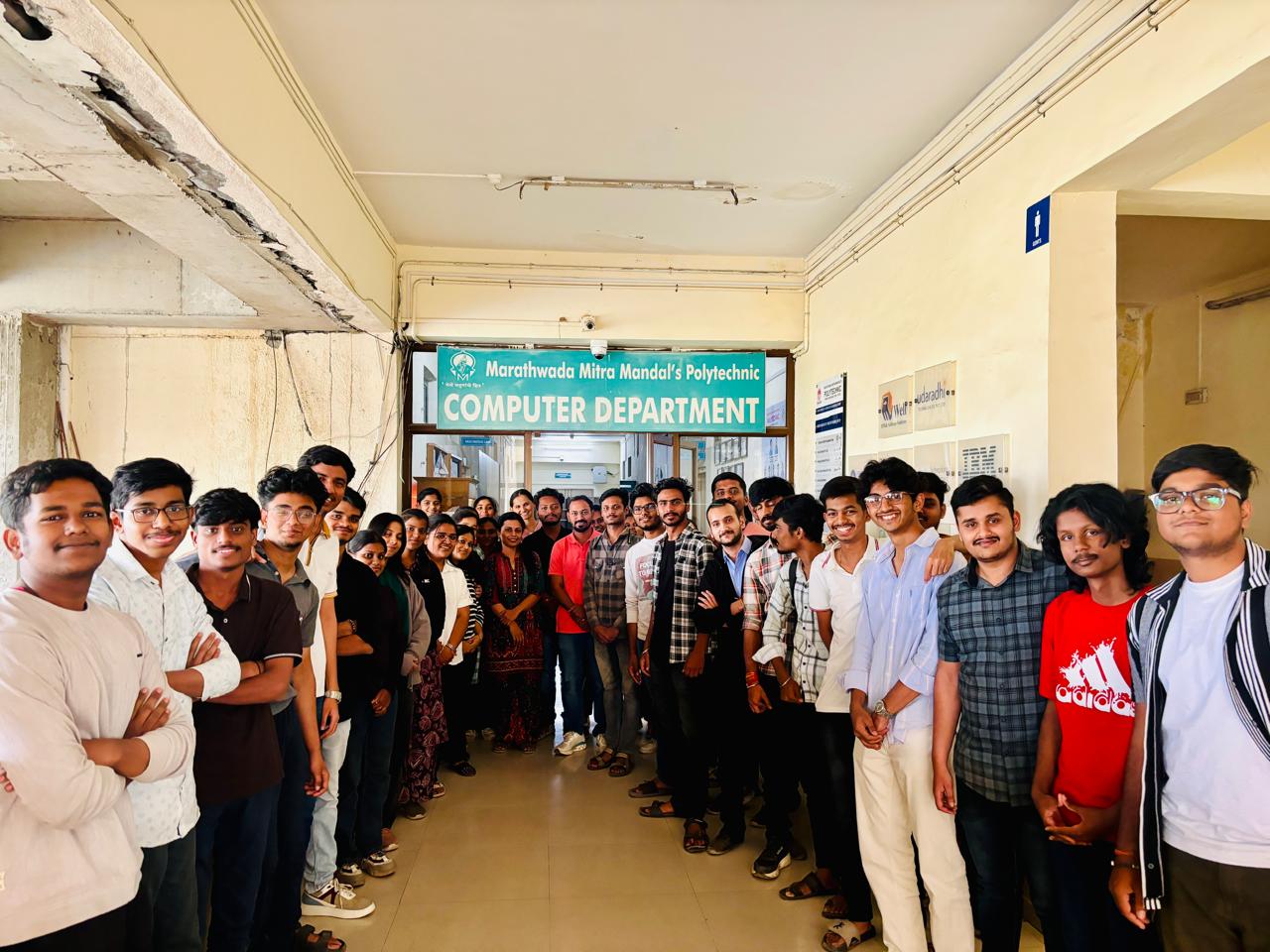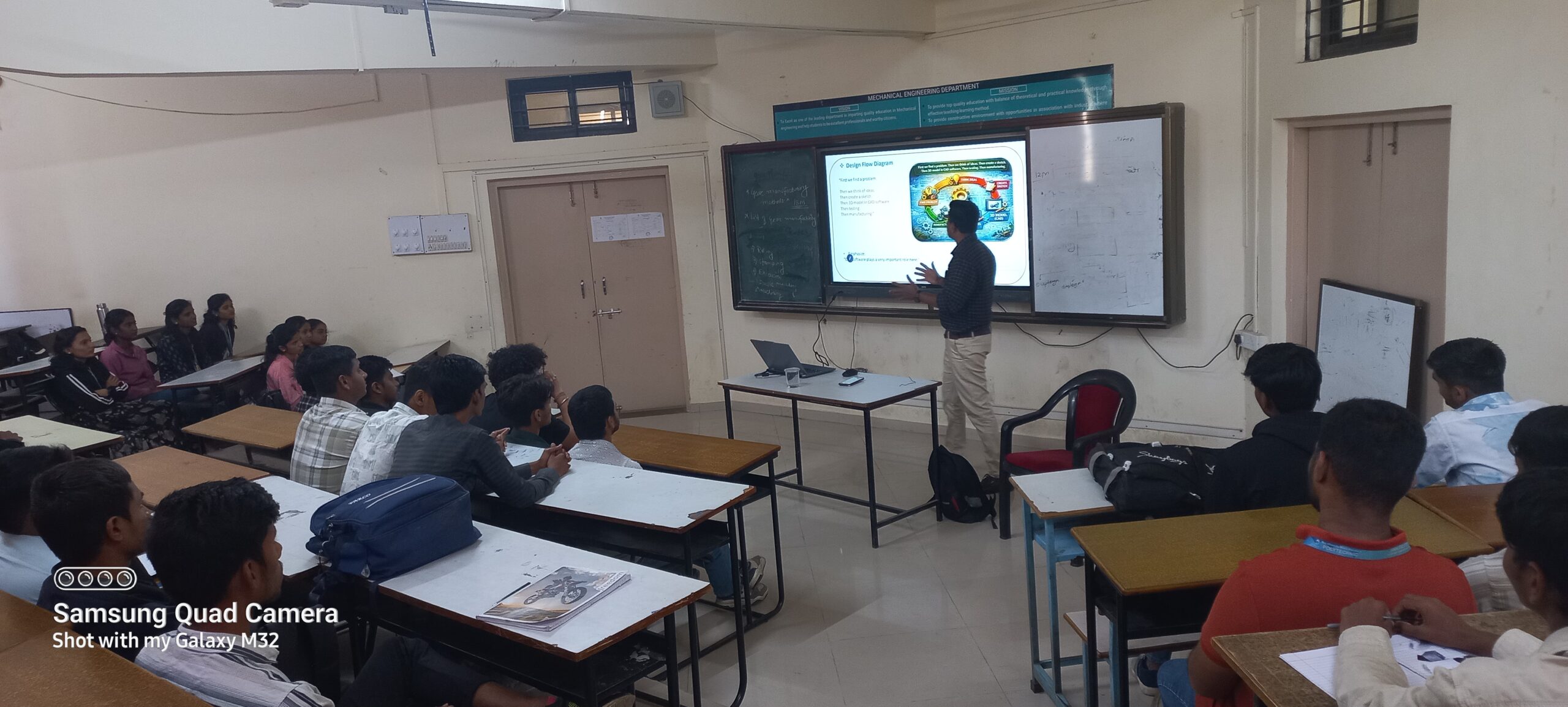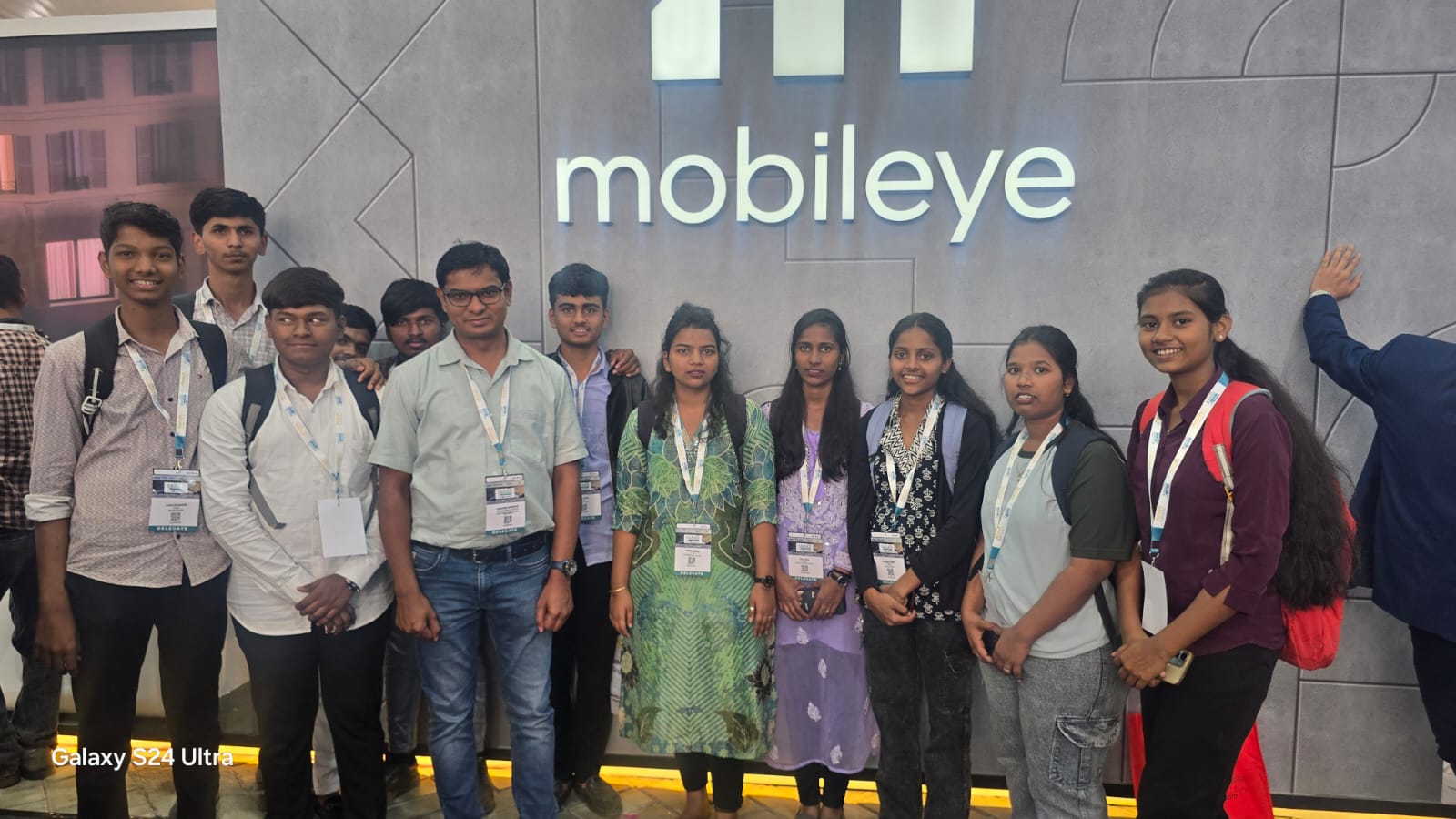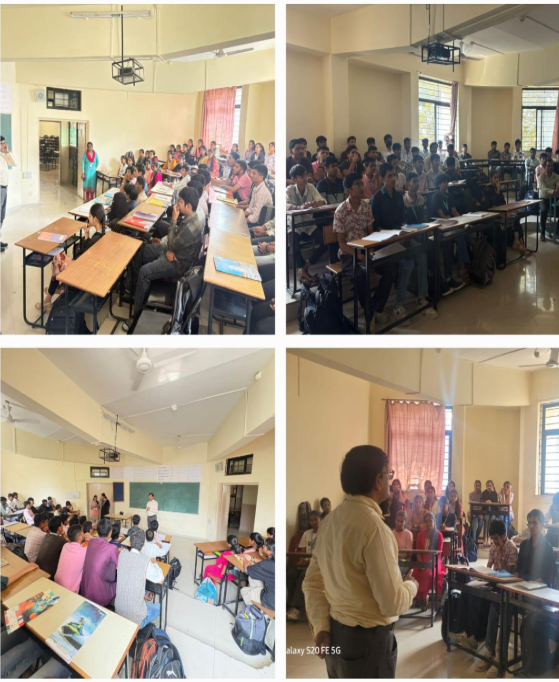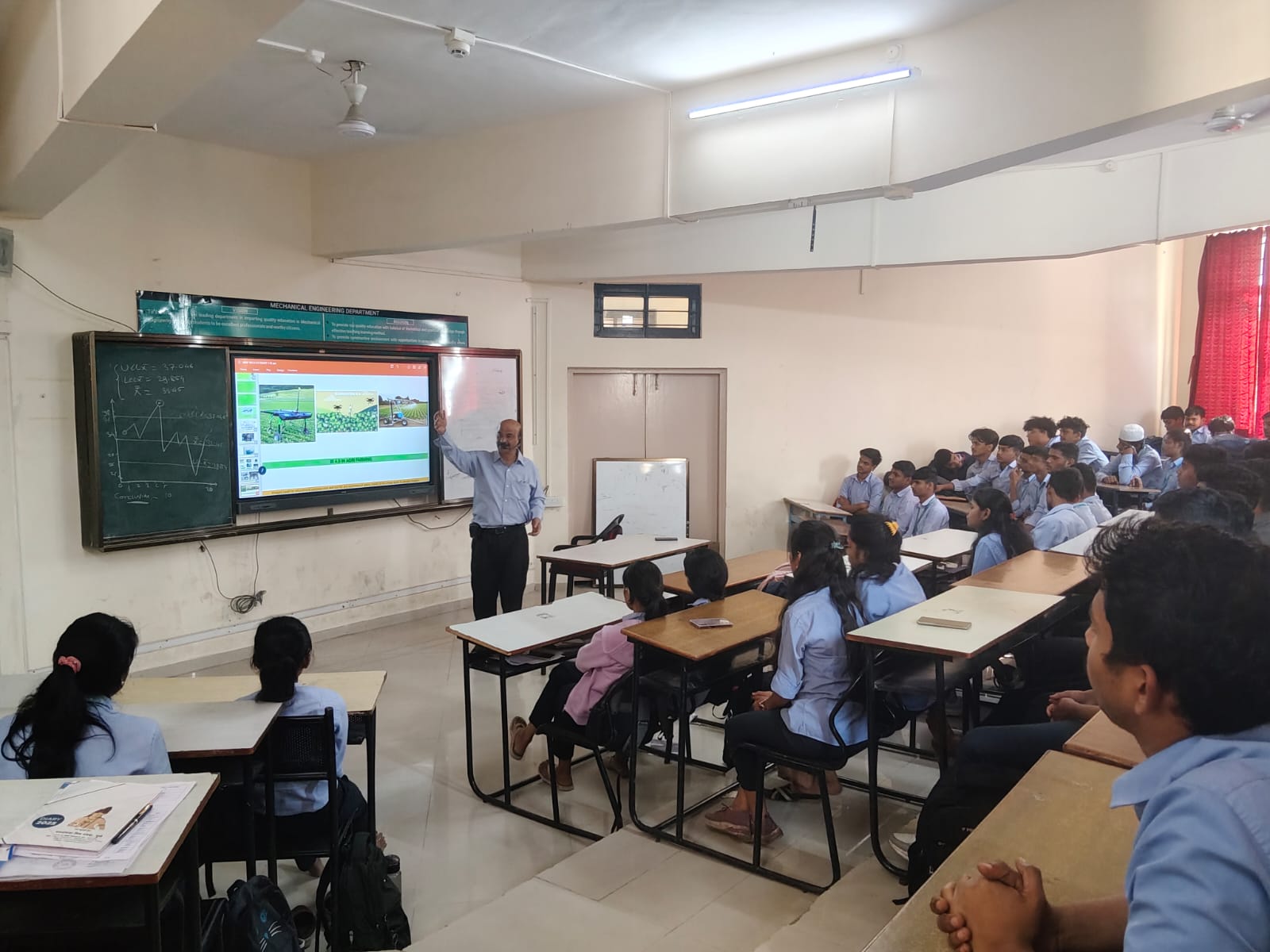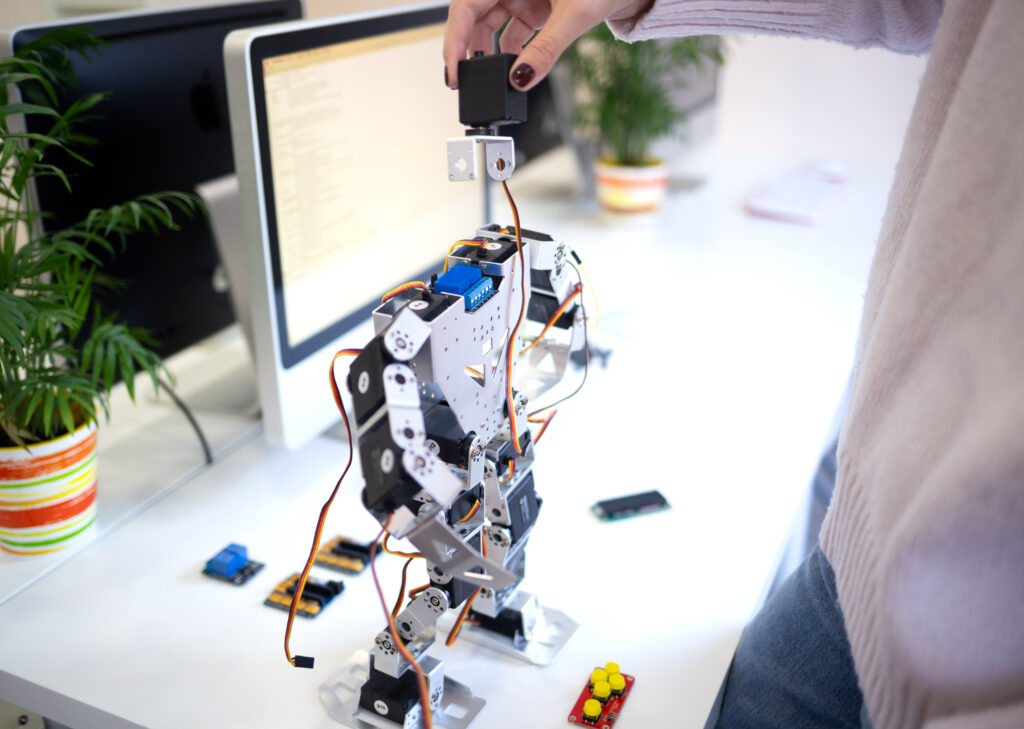
In the ever-evolving landscape of engineering, the integration of Artificial Intelligence (AI) into Mechatronics systems stands as a pivotal advancement. Mechatronics, an interdisciplinary field amalgamating mechanical, electrical, and computer engineering principles, harnesses AI’s power to revolutionize system control, automation, and decision-making. This article delves into the symbiotic relationship between AI and Mechatronics, exploring real-world applications and the transformative impact of AI on system design.
Unveiling the Fusion: AI in Mechatronics
Mechatronics engineering represents the fusion of mechanical, electrical, and computer systems to create intelligent machines capable of performing complex tasks. AI serves as the cognitive engine driving these systems, imbuing them with the ability to perceive, learn, and adapt to their environment autonomously. Through advanced algorithms and techniques such as machine learning and neural networks, AI empowers Mechatronics systems to analyze data, make informed decisions, and optimize performance in real-time.
Empowering System Control and Automation
One of the primary benefits of AI integration in Mechatronics is the enhancement of system control and automation. AI algorithms continuously monitor system parameters, sensor inputs, and environmental conditions, enabling precise adjustments to optimize performance. This dynamic control capability empowers Mechatronics systems to respond swiftly to changing circumstances, ensuring efficiency and reliability in operations.
For instance, in manufacturing, AI-driven Mechatronics systems streamline production processes by automating tasks such as assembly, packaging, and quality control. By leveraging AI’s predictive capabilities, these systems can anticipate equipment failures, optimize production schedules, and minimize downtime, resulting in improved productivity and cost savings.
Real-World Applications
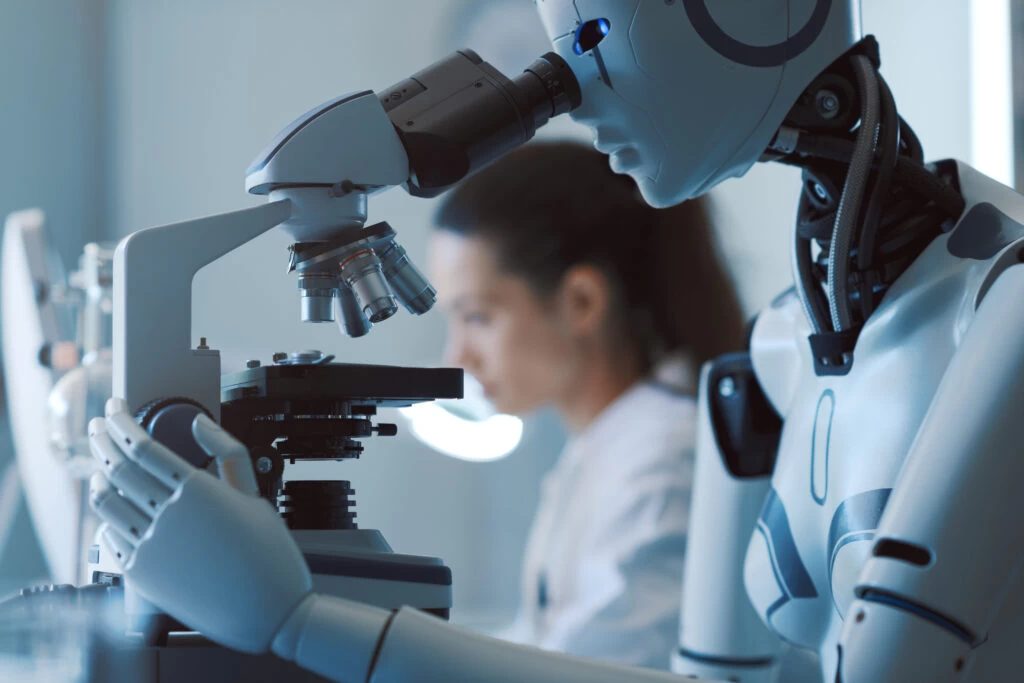
The integration of AI in Mechatronics has led to a plethora of real-world applications across diverse industries. In healthcare, AI-powered Mechatronic devices, such as robotic surgical systems, assist surgeons in performing intricate procedures with unparalleled precision and accuracy. These systems leverage AI algorithms to analyze medical imaging data, track surgical instruments, and provide real-time feedback to surgeons, ultimately enhancing patient outcomes and reducing surgical risks.
In transportation, AI-enabled Mechatronic systems play a pivotal role in the development of autonomous vehicles. Advanced Driver Assistance Systems (ADAS) utilize AI algorithms to interpret sensor data from cameras, radar, and lidar systems, enabling vehicles to perceive their surroundings and navigate safely. As AI technology advances, autonomous vehicles are poised to revolutionize transportation, offering safer, more efficient, and sustainable mobility solutions.
Impact on Mechatronic Design
The integration of AI has fundamentally transformed the design process of Mechatronic systems. Traditionally, design iterations relied heavily on manual prototyping and testing, leading to prolonged development cycles and increased costs. However, AI-driven design tools and simulation techniques have accelerated this process, enabling engineers to model, simulate, and optimize systems in virtual environments.
AI-powered design tools analyze vast amounts of data to generate optimized designs based on predefined objectives and constraints. This iterative approach allows engineers to explore multiple design alternatives quickly, leading to more robust and efficient Mechatronic systems. Furthermore, AI-driven simulation tools predict system behavior with high accuracy, facilitating early identification of potential issues and optimization opportunities.
Conclusion: Paving the Way for Future Innovation
In conclusion, the integration of AI in Mechatronics represents a transformative leap forward in engineering innovation. By leveraging AI’s capabilities, Mechatronic systems are poised to achieve unprecedented levels of efficiency, reliability, and adaptability across various industries. As AI technology continues to evolve, the synergy between AI and Mechatronics will pave the way for future advancements, driving progress and shaping the way we interact with intelligent machines.

